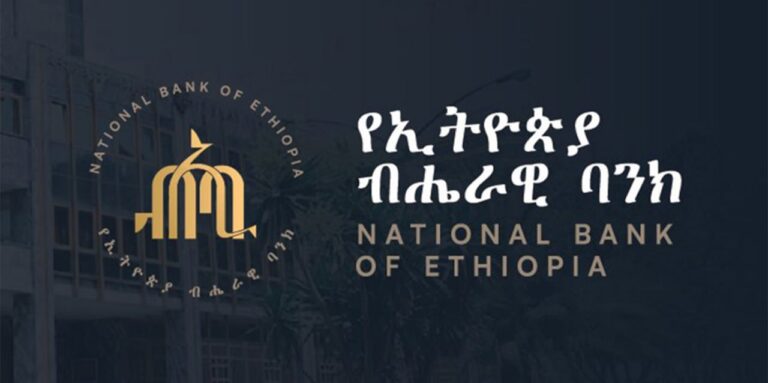On March 1, 1896, the Battle of Adwa marked a pivotal moment in African history, as Ethiopian forces led by Emperor Menelik II decisively defeated the Italian army. This victory not only preserved Ethiopia’s independence but also sent a powerful message across the continent, shaping the future of Africa in profound ways.
The Battle of Adwa was a beacon of hope for African nations facing colonialism. It demonstrated that African armies could resist and defeat European powers, inspiring other nations to fight for their freedom. This victory preserved Ethiopia’s sovereignty, making it the only African nation to avoid colonization by European powers during the Scramble for Africa. The preservation of independence was not just a national achievement but a continental symbol of resistance against colonial domination.
Ethiopia’s success at Adwa was a testament to the strength of African leadership and the resilience of its people. Emperor Menelik II’s strategic leadership and the bravery of Ethiopian warriors showcased the capacity of African nations to defend their territories against foreign invasion. This achievement resonated deeply across Africa, inspiring other nations to resist colonial rule and fight for their independence.
Adwa’s impact extended beyond Ethiopia’s borders, fostering a sense of unity and resistance among African nations. It became a symbol of African pride and resilience, galvanizing the Pan-African movement. Leaders like Marcus Garvey and Kwame Nkrumah drew inspiration from Adwa, advocating for African unity and self-determination. The battle served as a powerful reminder that African nations could achieve great things when united and determined.
The Pan-African movement, which emerged in the early 20th century, was deeply influenced by the spirit of Adwa. It emphasized the need for African nations to come together, share experiences, and support each other in their struggles against colonialism. The movement’s ideals of unity, solidarity, and collective action were inspired by the bravery and determination shown by Ethiopia during the Battle of Adwa.
The Battle of Adwa is deeply ingrained in Ethiopian culture and identity, symbolizing bravery and patriotism. It has inspired countless works of art, literature, and music, celebrating the heroism of Ethiopian warriors. This cultural significance extends beyond Ethiopia, as Adwa is celebrated across Africa as a testament to African strength and determination.
In Ethiopia, Adwa is commemorated annually with grand festivities and ceremonies. The event is marked by parades, cultural performances, and speeches that reflect on the battle’s significance and its impact on Ethiopian history. The celebration serves as a reminder of the nation’s rich heritage and its ability to defend its sovereignty against all odds.
Globally, Adwa challenged the notion of European superiority and highlighted the capabilities of African armies. It forced European powers to reassess their strategies in Africa, leading to more cautious approaches in their colonial endeavors. This shift in perception contributed to the eventual decolonization of Africa, as European powers began to recognize the strength and resilience of African nations.
The Battle of Adwa also had diplomatic implications. It led to increased international recognition of Ethiopia as a sovereign state, paving the way for its membership in international organizations like the League of Nations. This recognition was crucial for Ethiopia’s continued independence and its role in global affairs.
Today, the Battle of Adwa is commemorated annually in Ethiopia and celebrated across Africa. It serves as a reminder of the continent’s rich history and its capacity for resistance and resilience. The legacy of Adwa continues to inspire African nations to assert their sovereignty and cultural identity on the global stage.
In recent years, there has been a renewed interest in Adwa’s history and significance. Scholars and historians have revisited the battle, highlighting its importance in African and world history. This renewed focus has led to a greater understanding of Adwa’s impact on African identity and its role in shaping the continent’s future.
As Africa continues to navigate its place in the world, the lessons of Adwa remain relevant. The battle teaches us about the power of unity and determination in the face of adversity. It reminds us that African nations have the strength and resilience to overcome challenges and achieve great things when they work together.
In an era where globalization and international cooperation are increasingly important, the spirit of Adwa encourages African nations to assert their sovereignty while engaging with the world on their own terms. It emphasizes the need for African leaders to prioritize unity, solidarity, and collective action in addressing the continent’s challenges.
The Battle of Adwa was more than a military victory; it was a defining moment in African history that shaped the continent’s future. It inspired resistance against colonialism, fostered Pan-African unity, and preserved cultural identity. As Africa continues to grow and evolve, the legacy of Adwa remains a powerful symbol of African strength and resilience.
In celebrating Adwa, we honor not just a historical event but a spirit of resistance and determination that continues to inspire generations. The battle’s impact on African history and identity serves as a reminder of the continent’s rich heritage and its capacity for greatness. As we look to the future, the lessons of Adwa will continue to guide us, reminding us of the power of unity and the importance of preserving our sovereignty and cultural identity.






